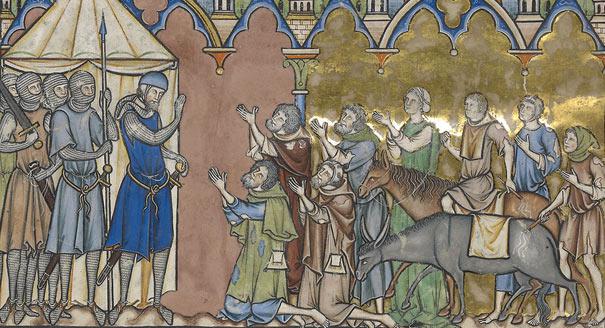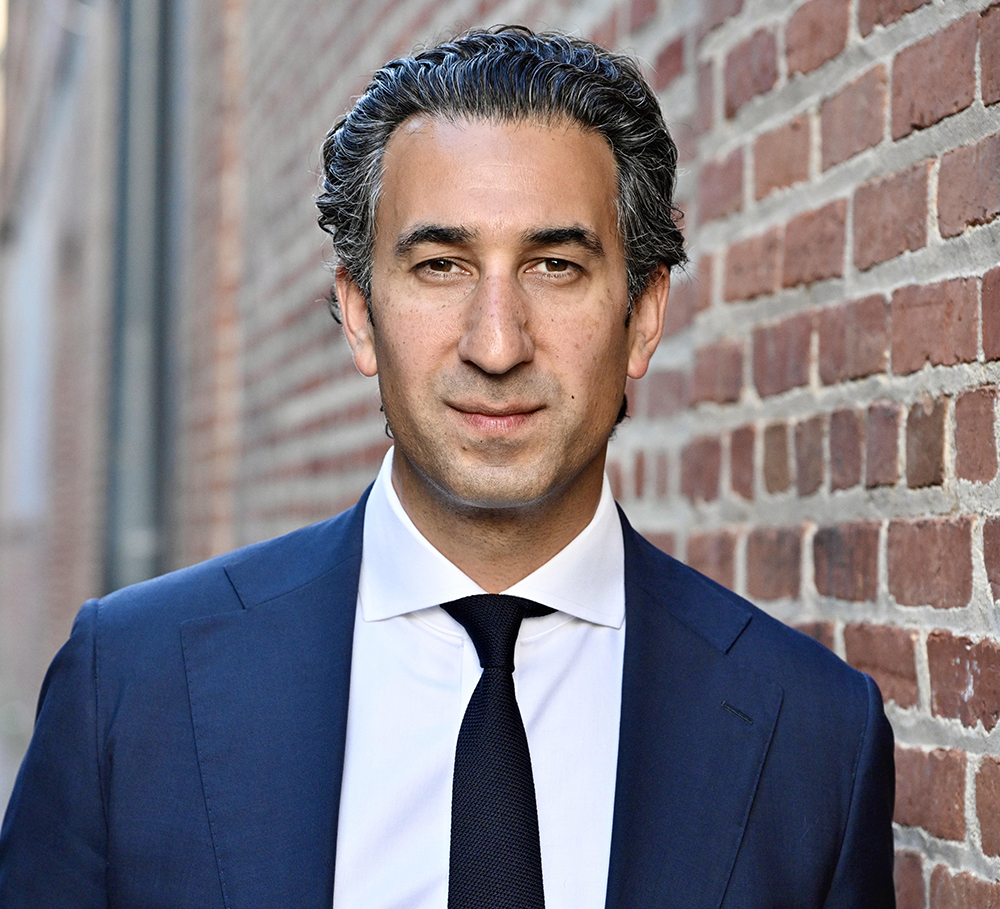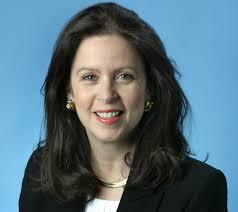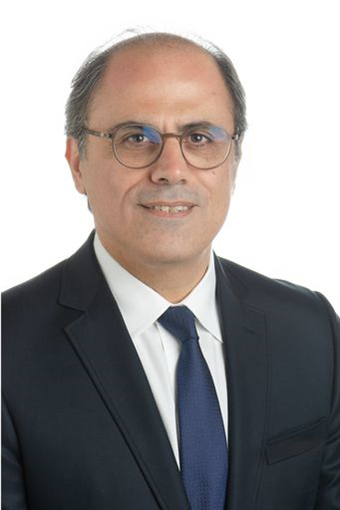There is an urgent need to strengthen the relevant international legal frameworks if they are to protect against threats to use nuclear weapons.
Anna Hood, Monique Cormier
{
"authors": [
"Tatiana Stanovaya"
],
"type": "commentary",
"centerAffiliationAll": "",
"centers": [
"Carnegie Endowment for International Peace",
"Carnegie Russia Eurasia Center"
],
"collections": [],
"englishNewsletterAll": "",
"nonEnglishNewsletterAll": "",
"primaryCenter": "Carnegie Endowment for International Peace",
"programAffiliation": "",
"programs": [],
"projects": [],
"regions": [],
"topics": []
}
The current crisis has exposed how the Russian regime has changed in several key ways. It is divided and lacks strategy, and President Putin shows no interest in giving it a new direction.
Unprecedented circumstances—a global pandemic and a record fall in oil prices—have revealed how deeply the Russian regime has changed. These changes actually began long ago, as soon as the euphoria over the 2014 annexation of Crimea began to wear off. Even as the crisis of 2020 approached, the regime was functioning differently from before in a way that is likely to pose a threat to its own future. Now this new identity is simply more visible to outside observers.
Firstly, the regime has lost its ability to be a team player. It knows how to maintain political stability and ensure loyalty, and has an entire system of increasingly tough measures for dealing with elections, the opposition, protests, and so on. The problem is that this fight against enemies both at home and abroad has ended up being the only thing that unites the various state bodies and related structures. In all other aspects, the current crisis has exposed complete disorganization.
The authorities proved unable to agree on a unified strategy for combatting the coronavirus. The president pushed responsibility onto the regional governors, and the government tried to coordinate the actions of the regional authorities, but the latter avoided taking responsibility or simply ignored federal directives.
There wasn’t even unity among different ministries. There are no universal criteria for counting the number of coronavirus patients and new cases, for providing assistance, or for lifting lockdown measures. Various bodies failed to coordinate their work or to find out what the regions actually needed, meaning that the target of 95,000 hospital beds was exceeded by more than 25 percent, and half of them were empty, even while there was a shortage of personal protective equipment.
The second new feature of the regime is the erosion of the rules. They were never set in stone, but now the regime has begun to break even the informal rules that it had once established. Loyalty is no longer a guarantee of protection from prosecution, social guarantees can be broken (like the promise not to raise the retirement age), and the constitution—which still seemed untouchable not so long ago—is being changed to allow President Vladimir Putin to remain in power.
When the regime crosses its own red lines, that changes the regime itself. Since the very beginning of the constitutional reform back in January, the state has been making up the rules as it went along, ignoring established procedures.
The third feature is the inaccessibility of Putin. His removal from reality and unwillingness to spend time on routine tasks has long been the subject of discussion. The president listens to reports, talks with experts, lights a fire under the governors, but decides very little himself—not because he can’t, but because he doesn’t want to.
Putin takes no side in the intra-elite conflicts raging around him. He is absent from the political agenda in all issues except those that are personally important to him: amendments to the constitution, the postponed Victory Day parade that is important for boosting public morale, geopolitics, and security.
The once-popular idea of “Putin’s path” has dropped out of use. It referred to an integrated vision of the future, and disappeared as soon as Putin became a hostage of the past.
It’s not clear where Putin can go from here. The army has been modernized, Russia has triumphantly made its presence felt on the world stage, pensions and salaries are paid on time and regularly indexed, the banking system is stable, and so on. Putin would say that he has restored order to Russia. The opposition would say that it’s a dead end. Either way, the state has come up against the ceiling of its own achievements.
It was obvious even at the start of 2018, when Putin once again ran for president, that the Kremlin had no vision of the future to offer. It’s not clear what else can be used to mobilize the public around the state.
After all, what is Putin’s plan right now? It revolves almost entirely around the geopolitical standoff with the West, the goal of forcing the West to respect Russia. That plan has nothing to do with the domestic agenda.
At home, there are two things that matter to Putin. The first is economic growth. The second is political calm. The president is not interested in who manages the daily routine at either a regional or federal level (or how), the relationship between business and government, or who is jailed for protesting.
What’s important to Putin is that all of this should keep ticking along without any unnecessary fuss, because that’s what irritates him the most: the protests last summer, or the arrest of the journalist Ivan Golunov. This is why the first thing the elites do as soon as there is a problem is point their finger at the West. By doing so, they are shirking responsibility, and showing solidarity with the president and his worldview.
This lack of direction means that key figures serving the president are forced to adapt to his demands, regardless of the law or reality. Because of Putin’s unwillingness to get involved in routine issues, nearly all of his orders are poorly fleshed out and abstract. A public vote on amending the constitution, for example, was not legally required, but was made a requirement at Putin’s wish.
Key state and staffing decisions are becoming emotional and competitive, and bring more political harm than stability to the system. This dependence on circumstances and emotions makes it impossible to plan far ahead to make strategic decisions or analyze long-term factors: everything could change in a heartbeat.
All of this together constitutes a new regime that is hard to describe as “the Putin regime.” It’s a regime with no vision of the future, with no unified strategic command, and with rules of the game—both formal and informal—that mean less than they used to.
The regime appears increasingly precarious, but this is not to say that it will collapse: it still has plenty of resilience, and the public is disoriented and fearful of things getting worse. It’s more that this divergent, even contradictory, reaction to problems has two consequences for the state. It will be unable to enter into dialogue should the public start to become politically active, and it is losing its consolidation, making it unable to speak with one unified voice.
There is a risk that battling a public challenge will turn into a form of survival for some power groups, while others, amid the lack of unity, will move closer to those who are discontented and turn contact with them into an asset. All of this will lead to a change in priorities. For much of the elite, a situation of permanent destabilization will no longer be a major threat, but a survival tactic.
Carnegie does not take institutional positions on public policy issues; the views represented herein are those of the author(s) and do not necessarily reflect the views of Carnegie, its staff, or its trustees.
There is an urgent need to strengthen the relevant international legal frameworks if they are to protect against threats to use nuclear weapons.
Anna Hood, Monique Cormier
A conversation with Karim Sadjadpour and Robin Wright about the recent protests and where the Islamic Republic might go from here.



Aaron David Miller, Karim Sadjadpour, Robin Wright
Implementing Phase 2 of Trump’s plan for the territory only makes sense if all in Phase 1 is implemented.

Yezid Sayigh
Fifteen years after the Arab uprisings, a new generation is mobilizing behind an inclusive growth model, and has the technical savvy to lead an economic transformation that works for all.

Jihad Azour
Western negotiators often believe territory is just a bargaining chip when it comes to peace in Ukraine, but Putin is obsessed with empire-building.

Andrey Pertsev